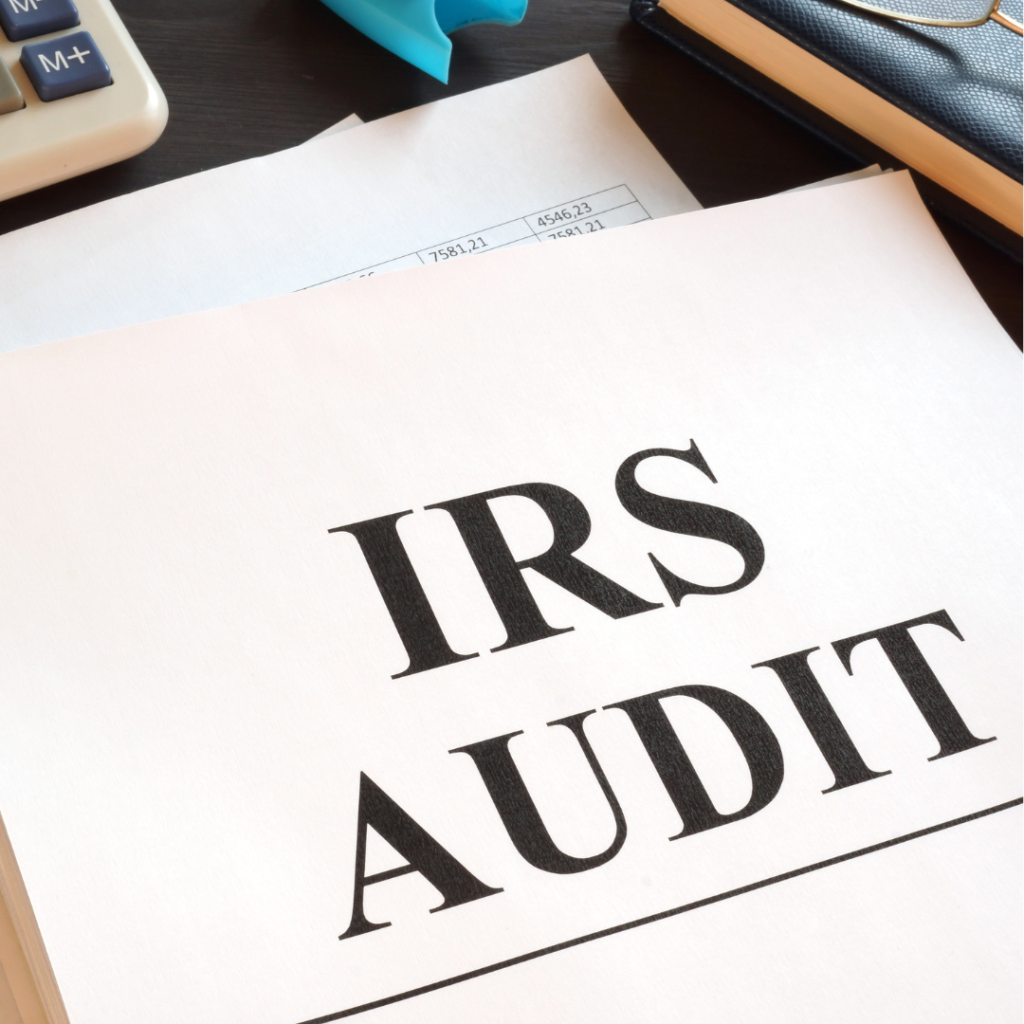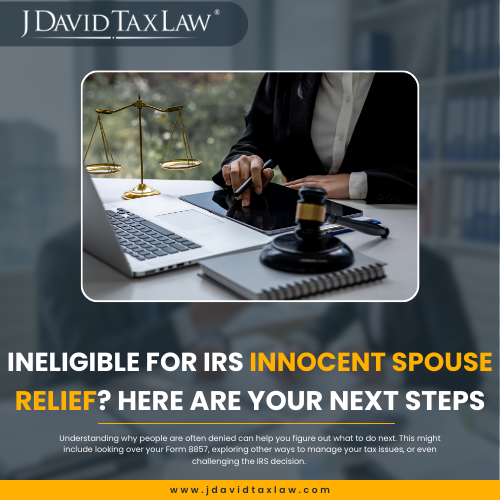Understanding IRS audits is crucial for individuals and businesses in Washington, D.C. An audit can occur for various reasons, ranging from random selections to specific triggers such as discrepancies in tax forms or excessive deductions.
This article explores what it means to face an IRS audit, detailing the types of audits you might encounter and outlining the steps involved. We will also discuss the immediate and long-term effects of failing an audit and provide practical tips to help you avoid unwanted IRS attention.
Understanding IRS Audits
What is an IRS Audit?
An IRS audit is a review of an organization’s or individual’s accounts and financial information. This process ensures compliance with tax laws and accurate tax reporting. There are three main types of audits: correspondence, office, and field audits.
Correspondence audits are the simplest and are handled through mail to address minor discrepancies. Office audits require you to visit an IRS office, and field audits are the most comprehensive, with IRS agents visiting your home or business to review records.
Why Do Audits Occur?
Audits can be triggered by various factors. Common reasons include discrepancies in tax forms, random selections, and reports of non-compliance from others. The IRS uses a statistical formula to compare tax returns against similar returns. This formula helps identify returns that deviate from the norm, which may indicate potential issues.
Who Gets Audited?
The likelihood of being audited can vary based on several factors. Audit rates differ among different income ranges and types of tax returns. Typically, business owners, self-employed individuals, and people with complex deductions face higher audit rates. These groups often have more complicated tax returns, involving business expenses, charitable deductions, and itemized deductions, which can attract extra scrutiny from the IRS.
What Happens If You Fail an IRS Audit?
If you fail an IRS audit, you may face immediate consequences including penalties and additional taxes. In severe cases, especially where fraud is detected, criminal charges could be pursued. These outcomes depend on the nature of the discrepancies found in your tax returns. Taxpayers are often required to pay the owed amounts promptly, which can lead to financial strain.
The long-term effects of failing an audit can extend beyond the immediate financial impact. Future tax assessments may be subjected to closer scrutiny, and your credit score could be affected if you fail to settle the tax liabilities on time. Having a tax attorney on your side can help you with all the requirements and stay in compliance with the IRS.
6 Tips to Avoid IRS Audits
Reducing the risk of an IRS audit starts with good habits and precise tax practices. By keeping comprehensive records and understanding the correct way to claim deductions, you can safeguard yourself from potential audits. Here are strategies to help maintain compliance and ease your interactions with tax authorities.
Maintain Accurate and Complete Tax Documents
It’s essential to keep detailed records of all financial transactions, including income reports, tax deductions, and credits. This practice supports the claims you make on your tax returns and prepares you for any questions the IRS might have.
Good record-keeping involves storing receipts, bank statements, and financial documents related to income and expenses. This method proves invaluable if the IRS selects your return for review.
Understand and Claim Deductions Correctly
When filing tax returns, ensure that you claim legitimate business deductions, charitable contributions, and home-office deductions correctly. Understand the rules for what constitutes a valid business expense, such as office supplies, business meals, and travel expenses.
For charitable deductions, keep thorough records of cash and noncash donations and ensure they are made to qualified organizations. Claiming the home-office deduction requires proving that the space is used exclusively and regularly for business purposes. Understanding and application of these rules will significantly decrease the likelihood of audit flags being raised.
Use Professional Tax Help
Seeking assistance from experienced tax professionals can greatly simplify the process of dealing with complex tax returns. At J. David Tax Law, we understand the complexities of tax legislation and are dedicated to simplifying the process for our clients. Our team of tax lawyers is skilled in monitoring tax assessments that minimize the risk of audits. We provide expert advice tailored to each client’s financial situation to ensure compliance with IRS regulations.
Be Honest and Transparent
Being honest and transparent in your tax assessments is crucial. Underreporting income or overstating deductions can lead to audits and penalties. It is important to report all taxable income and only claim deductions for which you have clear, allowable evidence. This straightforward approach aligns with legal requirements and maintains your credibility with tax agencies.
Regularly Review and Update Tax Returns
It is vital to regularly review and update your tax returns. This process ensures that all information is current and accurately reflects your financial situation. Frequent reviews allow you to catch any discrepancies or mistakes early, and make necessary adjustments. This step helps prevent future audits and ensures you are taking advantage of all eligible tax benefits and deductions.
Keeping your tax returns up-to-date also reduces the likelihood of complications with the IRS and streamlines your financial records. Ensuring that details such as business income, deductible business expenses, and investment earnings are correctly reported is essential.
Stay Informed About Tax Law Changes
Tax laws are constantly evolving, and staying informed about these changes is crucial for compliance and effective tax monitoring. By understanding how the latest tax rules affect your returns, you can make informed decisions that align with current regulations. This knowledge helps in having accurate returns and in strategic financial assessments to optimize tax benefits.
Keeping abreast of changes in tax rules, such as adjustments to itemized deductions, the Premium Tax Credit, and regulations for independent contractors, ensures that your tax liability is minimized legally and effectively.
IRS Audits? Don't Panic!
Navigating IRS audits requires awareness and preparation. By understanding what triggers an audit and implementing best practices in your financial reporting, you can reduce the risk of facing IRS scrutiny. With careful monitoring and proactive financial management, you can achieve peace of mind and a stable financial future in Washington, D.C.





















